Atlanta, Georgia
“Be safe,” the grocery checkout girl says as I grab my box of orzo and turn to leave.
From what, I wonder? Had there been a surge in pasta-related fatalities? Were packets of orzo exploding in homes across America and, if so, why are these dangerous things still on the shelf?
Or was it some kind of threat?
“Have a great weekend and be safe,” says the flight attendant over the intercom as we stand to deplane. Does she really care about my safety?
Granted, we just touched down in Atlanta and some situational awareness isn’t a bad idea. But maybe she could have been more specific. “Have a great weekend, don’t take the MARTA after dark, and avoid Lenox Mall.” That adieu might actually keep visitors safe, rather than the ominous and robotic be safe, implying some nebulous threat persistently afoot all across this vast nation.
“Be safe,” says the insurance company rep before hanging up the phone. Her accent sounded Southern, but her farewell suggested she’d spent the morning commute dodging IEDs and rooftop snipers.
“Oh, don’t worry about me, Pam,” I said, fed up with all this safety instruction. “The yakuza waiting for me outside don’t know I slapped some C-4 under their Range Rover. It’s them you ought to advise be safe.”
With all the pleasant ways to take leave — God bless, have a good day, see ya ’round, take it easy, peace out — we’re settling on be safe? What frenzied single mom who’s seen every episode of Fear Thy Neighbor dreamed that one up, and why are we all going along with it?
Nonetheless, be safe seems to have become the default valediction in America these days. According to the vast number of strangers telling me to be safe, you’d think I was being trafficked in Somalia and not simply heading home with some ivy to plant in the garden.
Indeed, it would be much nicer, on occasion, to be urged to live dangerously. Instead, leaving your house means a procession of strangers foisting their anthropophobia onto you. What’s out to get them? I can’t figure it out. But I’ve never been a fan of Safety’s dark embrace. Leaning into recklessness has worked out just fine for me so far, even when it hasn’t.
I wondered if, for those who live where shrapnel falls like rain and the terrorist colony next door wants to shove you into the sea, be safe is a casual sayonara.
“No, that would be stupid and so gloomy. We know how to be safe,” a friend from Israel said when I asked about au revoir in the Holy Land.
“It’s the American psyche,” dashed a friend from London. “You’re quite suspicious of one another. And you’re also health-and-safety obsessed. Americans are paranoid they won’t live forever.”
If you’re going to tell me to be safe, at least give me something to work with. “Be safe and watch out for Shifty Bess who’s always hanging around the basketball courts. She gave me syphilis,” would be much more useful than the generic be safe I get from Mr. Rodriguez every morning at the corner store.
I don’t want to hear about crime, or Covid, or anything in the news, unless you’re prepared to make it entertaining. “Might want to have the Buildings Department come out and look at your foundation; I think I saw the Hasids digging tunnels around here. Be safe.”
It’s depressing this entire country finds it acceptable to part ways on a chipper note of menace. I think the best goodbyes leave your fellow citizens a bit puzzled, not frightened.
“See ya later!” is my favorite farewell in situations where it’s obvious to both parties you’ll never, in fact, see each other again — Yellow Cab drivers, tourists, call-center workers.
“Thanks, see ya later!” I say to the TSA agent who just rummaged through my underwear, to which she cocked a pierced eyebrow and shrugged, “Never know.”
“See ya later,” I signed off on a customer support call to a phone farm in Bangalore after a crappy pair of headphones stopped working.
“OK, Mr. Moore, be safe,” she replied in the billowy English of the Indian subcontinent. Guess they got to her, too.
This article was originally published in The Spectator’s May 2024 World edition.



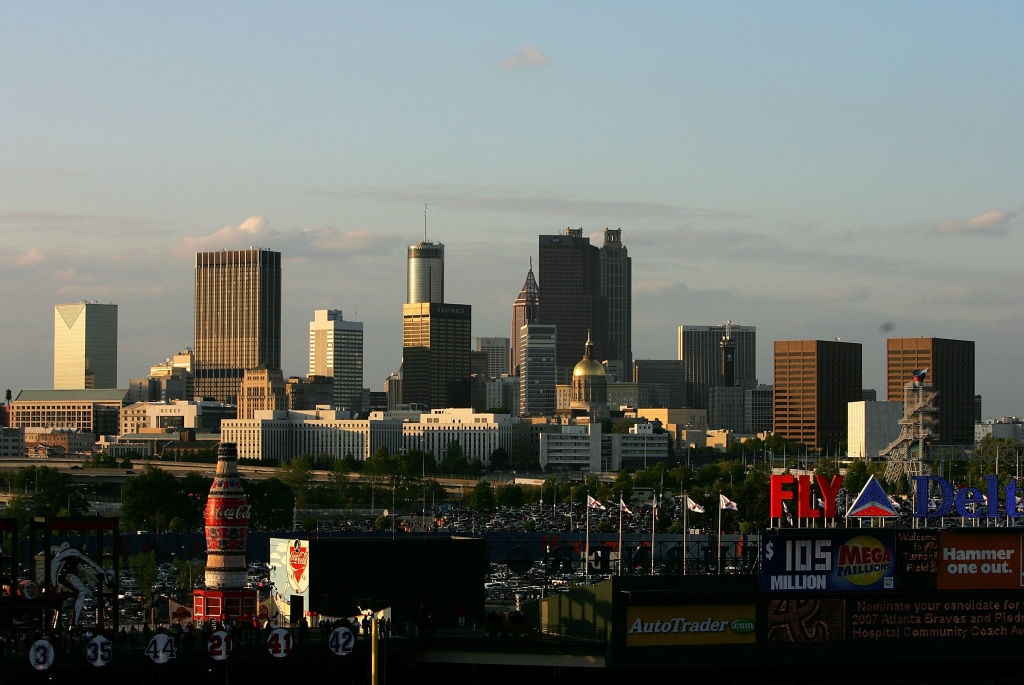









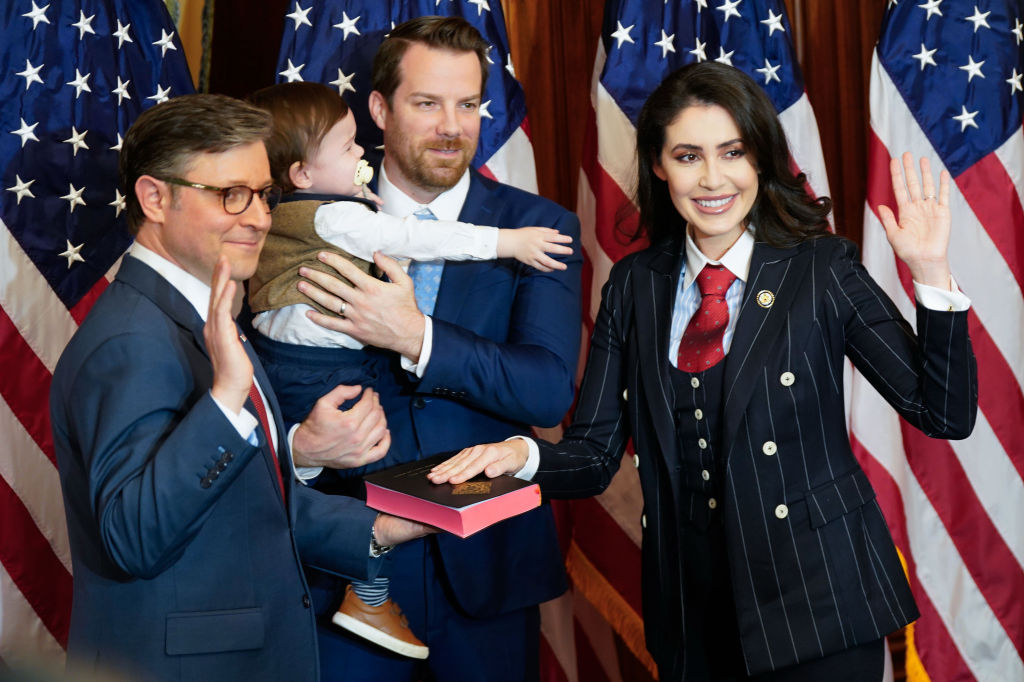
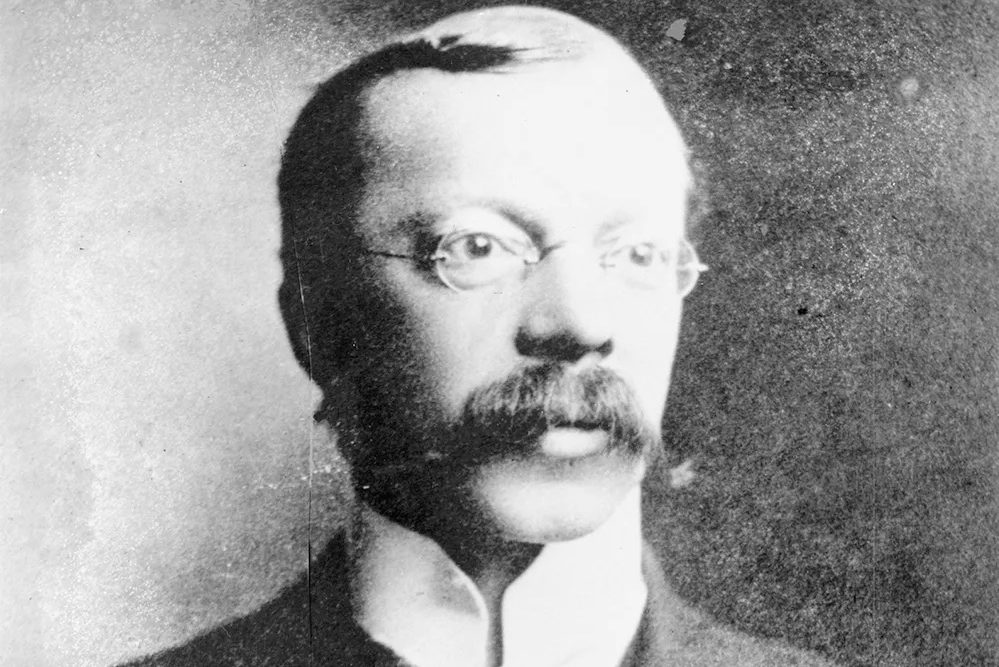
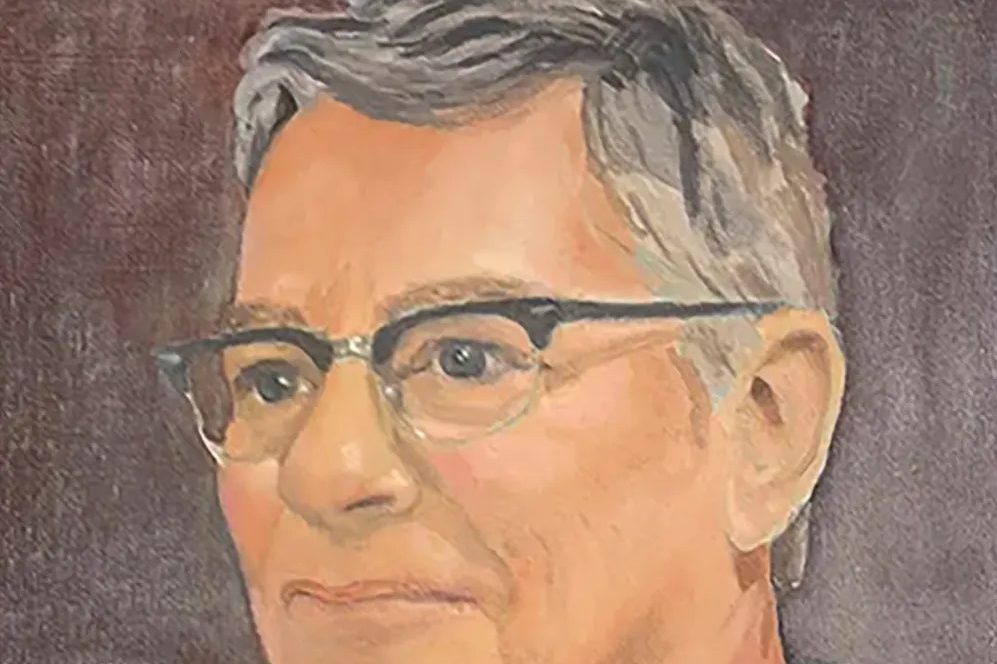
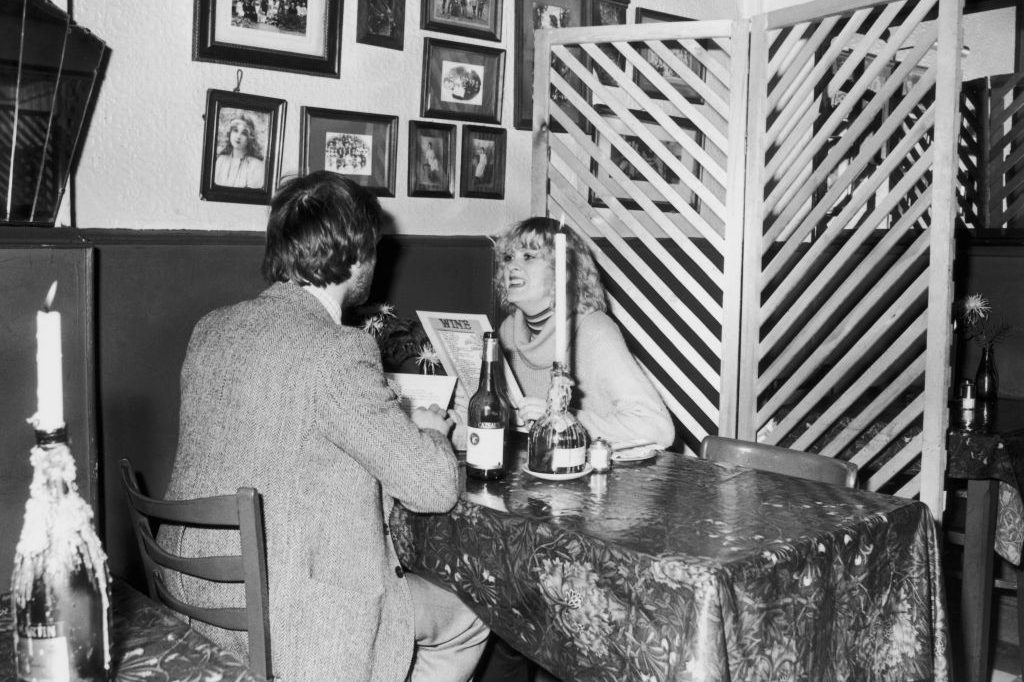
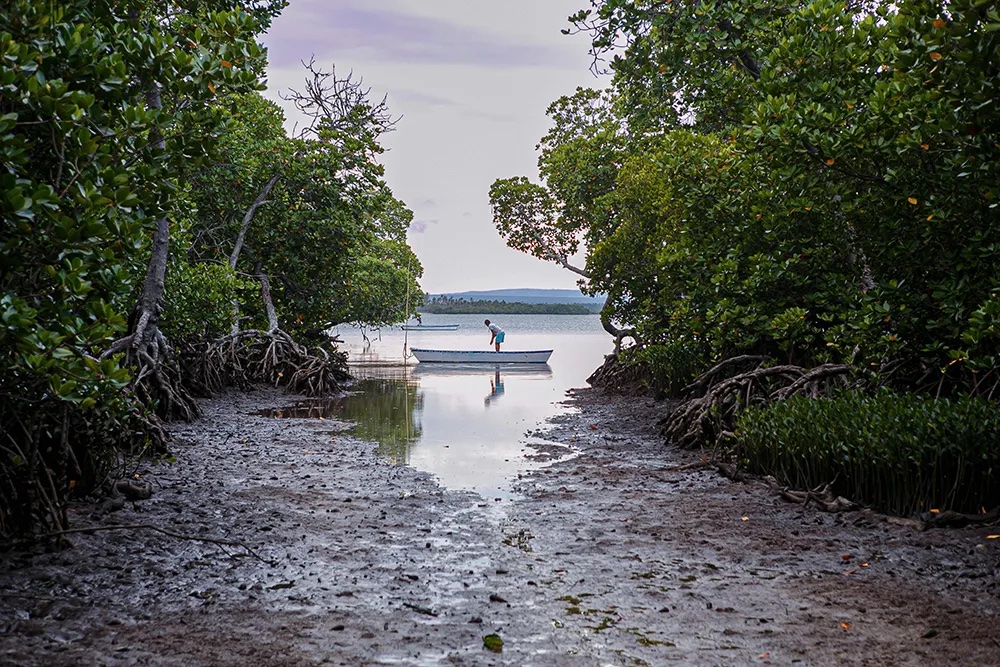
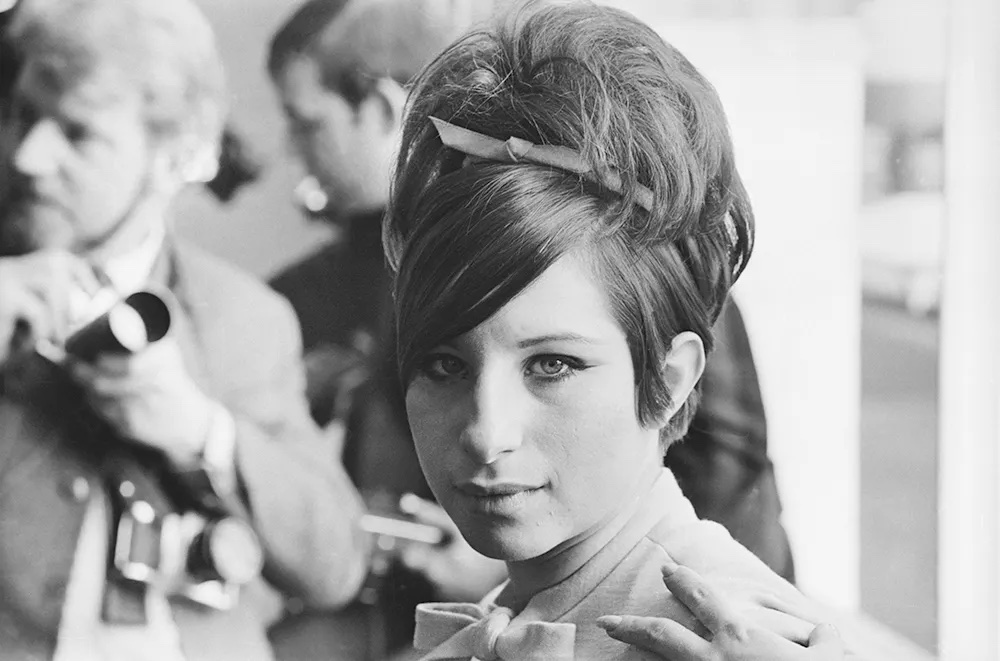







Leave a Reply